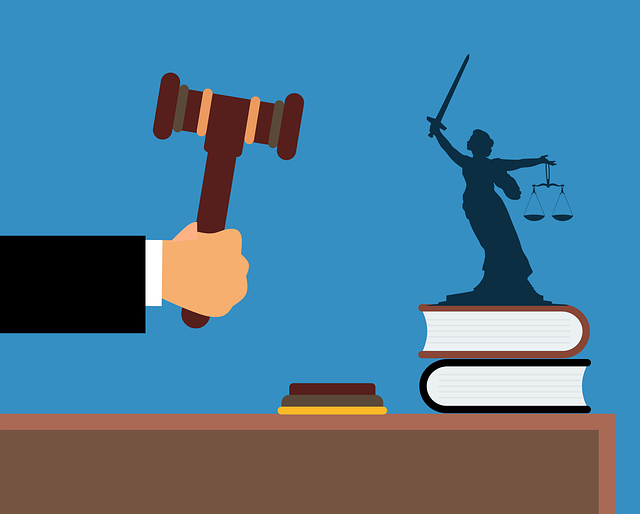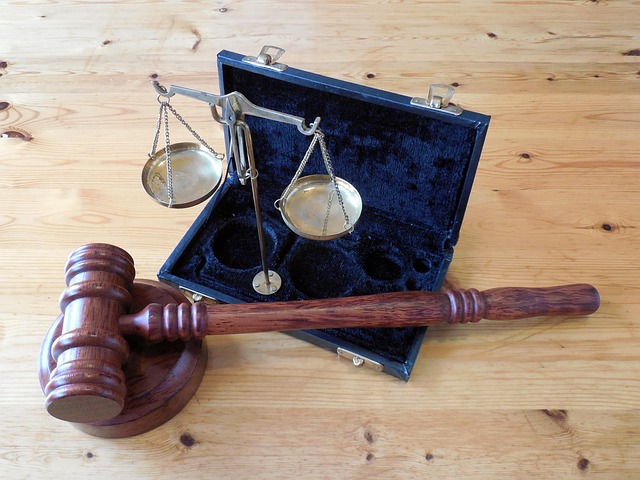Sentencing guidelines, vital for corporate crime investigations, shape penalties by balancing punishment with fairness. They consider offense severity, criminal history, and corporate response, offering structure while allowing case-specific flexibility. Understanding these guidelines is key to developing effective defense strategies in high-stakes white-collar cases, ensuring proportional sentences and promoting corporate accountability.
Corporate crime investigations are complex, requiring a multifaceted approach to uncover and rectify illegal activities within organizations. This article delves into the intricate world of corporate investigations, exploring key aspects such as understanding the scope of these crimes, the role of sentencing guidelines in meting out justice, and their profound impact on determining penalties. We also navigate the legal framework governing corporate misconduct and provide effective strategies for investigating corporations, shedding light on how sentencing guidelines affect penalties.
- Understanding Corporate Crime Investigations
- The Role of Sentencing Guidelines in Justice
- Impact: How Guidelines Shape Penalties
- Legal Framework: Navigating Corporate Crimes
- Effective Strategies for Investigating Corporations
Understanding Corporate Crime Investigations

Corporate Crime Investigations are a specialized field focusing on financial and business crimes within corporations. These investigations delve into activities like fraud, money laundering, and violation of regulatory norms. Understanding the dynamics of corporate crime is crucial for effective prosecution and sentencing. The penalties for these offenses are significantly influenced by sentencing guidelines, which vary across jurisdictions and the nature of the crime. In high-stakes cases, a robust general criminal defense strategy becomes paramount to mitigate potential penalties.
Sentencing Guidelines play a pivotal role in determining the outcome of corporate crime investigations. They provide a structured framework for judges to impose sentences, considering factors like the severity of the offense, prior criminal history, and the corporation’s response to the misconduct. These guidelines ensure consistency and fairness in meting out justice across the country, while also allowing for some flexibility based on the unique circumstances of each case.
The Role of Sentencing Guidelines in Justice

Sentencing guidelines play a pivotal role in corporate crime investigations by providing a structured framework for justice. These guidelines are designed to ensure consistency and fairness in penalty decisions, taking into account the severity of the offense, the defendant’s prior record, and any extenuating circumstances. They serve as a critical tool for judges, balancing the need to punish wrongdoers while also considering their potential rehabilitation. By adhering to these guidelines, the justice system aims to send a clear message that corporate malfeasance will not be tolerated, deterring future misconduct.
Incorporating sentencing guidelines into the judicial process has several notable effects. Firstly, it reduces disparities in sentencing across similar cases, ensuring fairness. Secondly, it allows for more predictable outcomes, providing corporations and their leaders with a clearer understanding of potential consequences. This transparency can act as a safeguard against unprecedented track records of criminal activity by fostering a sense of accountability within the philanthropic and political communities. Moreover, guidelines promote proportionality, ensuring penalties are commensurate with the crimes committed, thereby upholding the integrity of the justice system.
Impact: How Guidelines Shape Penalties

The impact of sentencing guidelines on penalties plays a pivotal role in corporate crime investigations. These guidelines, meticulously crafted by legal experts and policymakers, serve as a framework for judges to mete out justice consistently. They ensure that sentences are proportionate to the severity of the offense, balancing deterrence, rehabilitation, and punishment. In the context of corporate offenses, where complex financial transactions and international jurisdictions often come into play, these guidelines are crucial in determining penalties.
How Do Sentencing Guidelines Affect Penalties? For corporate and individual clients alike, the guidelines influence whether a company faces a fine, a partial or complete dismissal of all charges, or even prosecution through jury trials. By providing clear parameters for sentencing, they foster transparency and fairness, deterring potential wrongdoers while offering a measure of predictability in the legal system’s response to corporate misconduct.
Legal Framework: Navigating Corporate Crimes

Corporate crime investigations are complex due to the intricate legal framework that governs them. The process involves understanding and navigating a web of laws, regulations, and sentencing guidelines designed to deter and penalize misconduct within organizations. Key among these is the role of sentencing guidelines, which significantly affect the penalties imposed on convicted companies. These guidelines provide a structured approach to justice, ensuring consistent treatment of similar offenses while allowing for some flexibility based on mitigating circumstances.
The impact of sentencing guidelines extends beyond mere penalty levels. They shape strategic decisions in corporate legal defense, particularly in white-collar cases. A robust general criminal defense strategy must account for these guidelines, aiming to present compelling arguments that mitigate the potential sentence. Understanding the specific standards relevant to a respective business sector is crucial for building a solid defense and ensuring compliance with the law going forward.
Effective Strategies for Investigating Corporations

Effective investigations into corporate crimes require a strategic approach tailored to uncover complex financial schemes and intricate legal networks. Prosecutors play a pivotal role in this process, leveraging sentencing guidelines to determine penalties that fit the severity of the offense. These guidelines act as a framework, ensuring consistency and proportionality in punishment. By understanding the applicable laws and their implications, investigators can navigate the nuances of corporate structures, including identifying responsible parties and distinguishing between corporate and individual clients.
A key strategy involves extensive document review, where forensic accountants sift through financial records to uncover discrepancies and suspicious activities. This process, combined with witness interviews and surveillance, helps build a robust case. Additionally, prosecutors must remain vigilant in avoiding indictment without substantial evidence, as this could lead to costly legal battles for both the corporation and its general criminal defense teams. Effective investigation strategies thus focus on gathering irrefutable proof while considering the broader implications for all stakeholders involved.
Corporate crime investigations demand a multifaceted approach, balancing legal rigor with strategic acumen. As discussed, understanding these intricate cases involves recognizing the unique dynamics of corporate structures and their impact on criminal activities. The sentencing guidelines play a pivotal role in ensuring fairness and consistency in justice. By carefully navigating these guidelines, investigators can shape penalties that not only deter future misconduct but also promote accountability within corporations. Effective strategies include comprehensive legal frameworks and innovative tactics to uncover and address illegal practices, ultimately fostering a culture of integrity in the corporate world.






